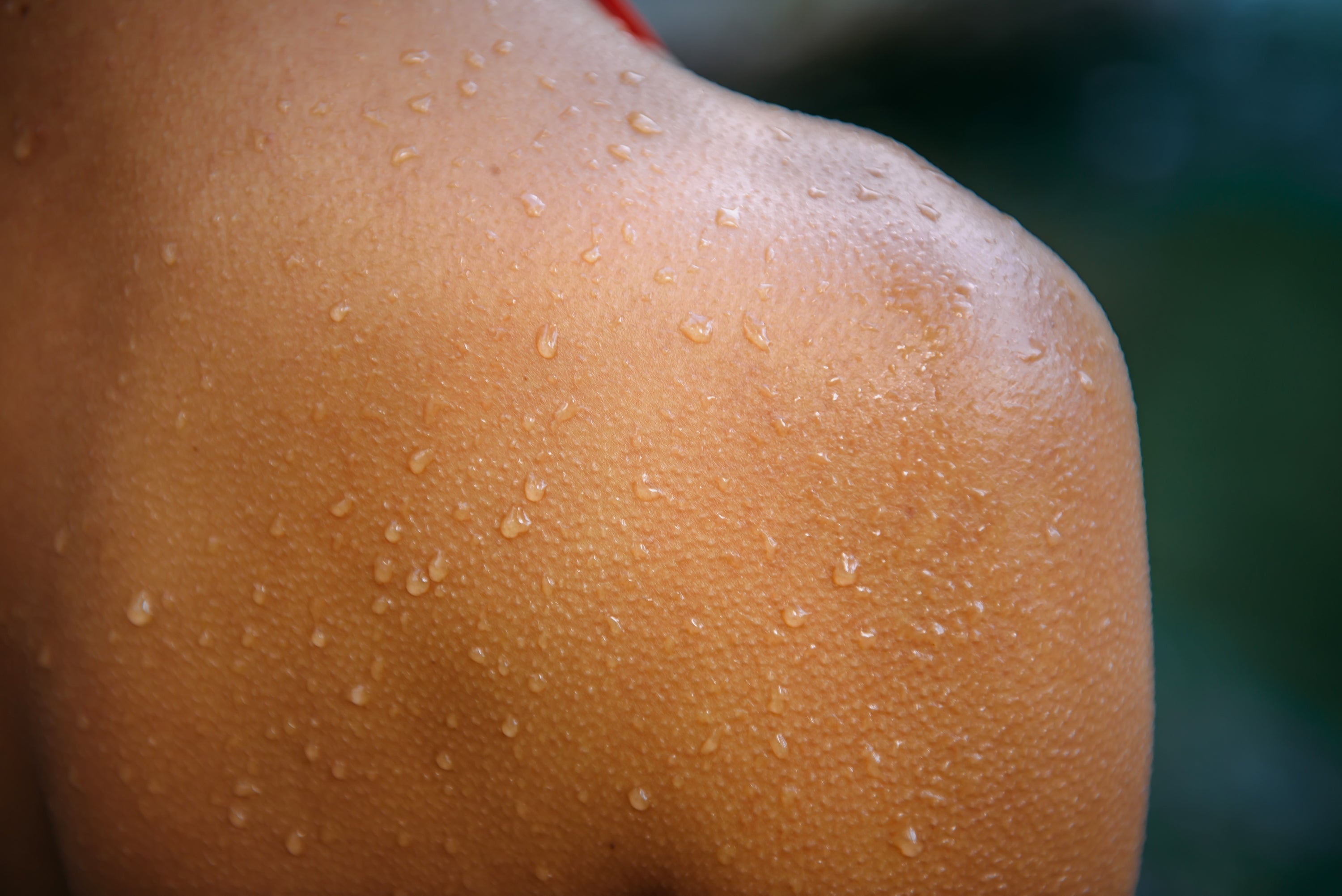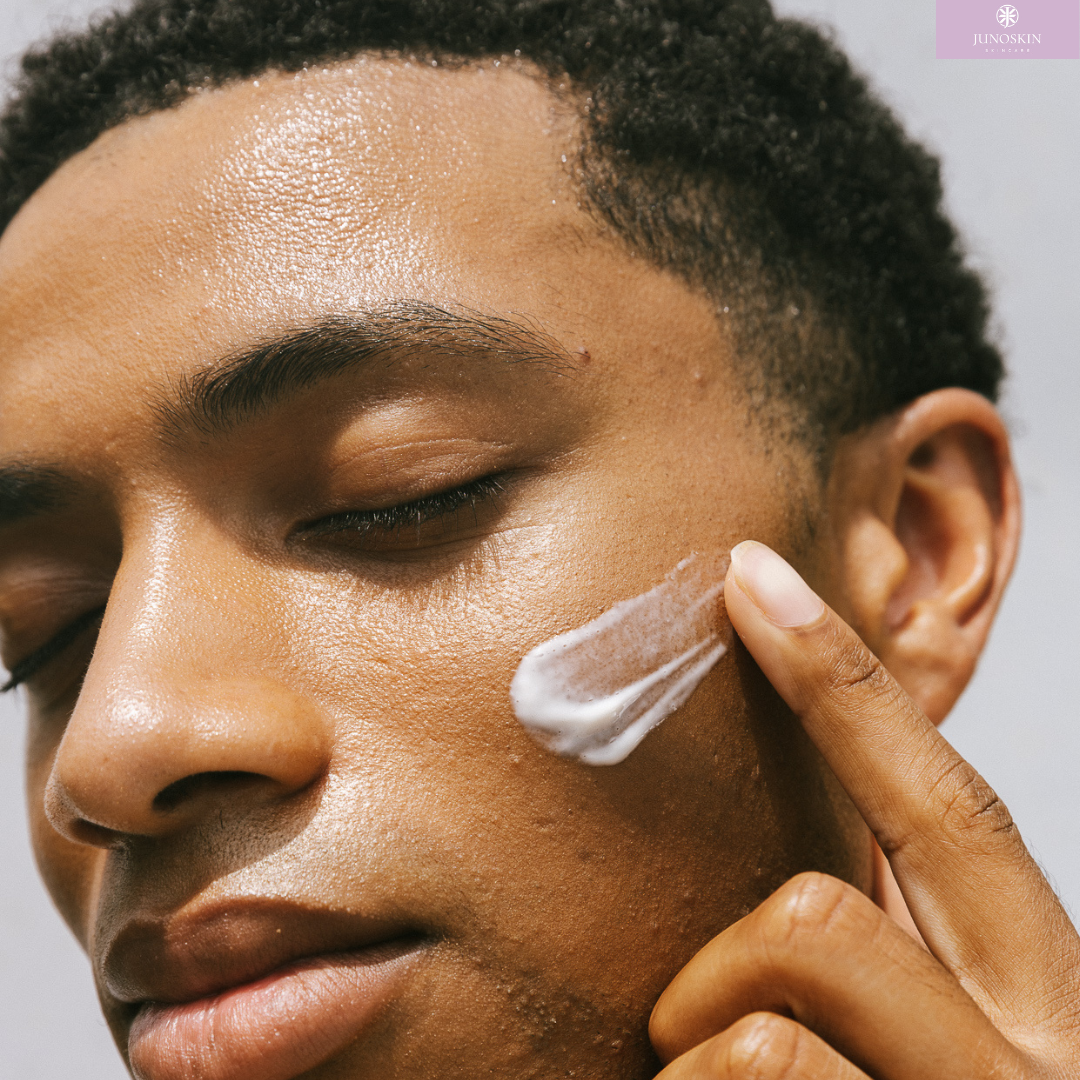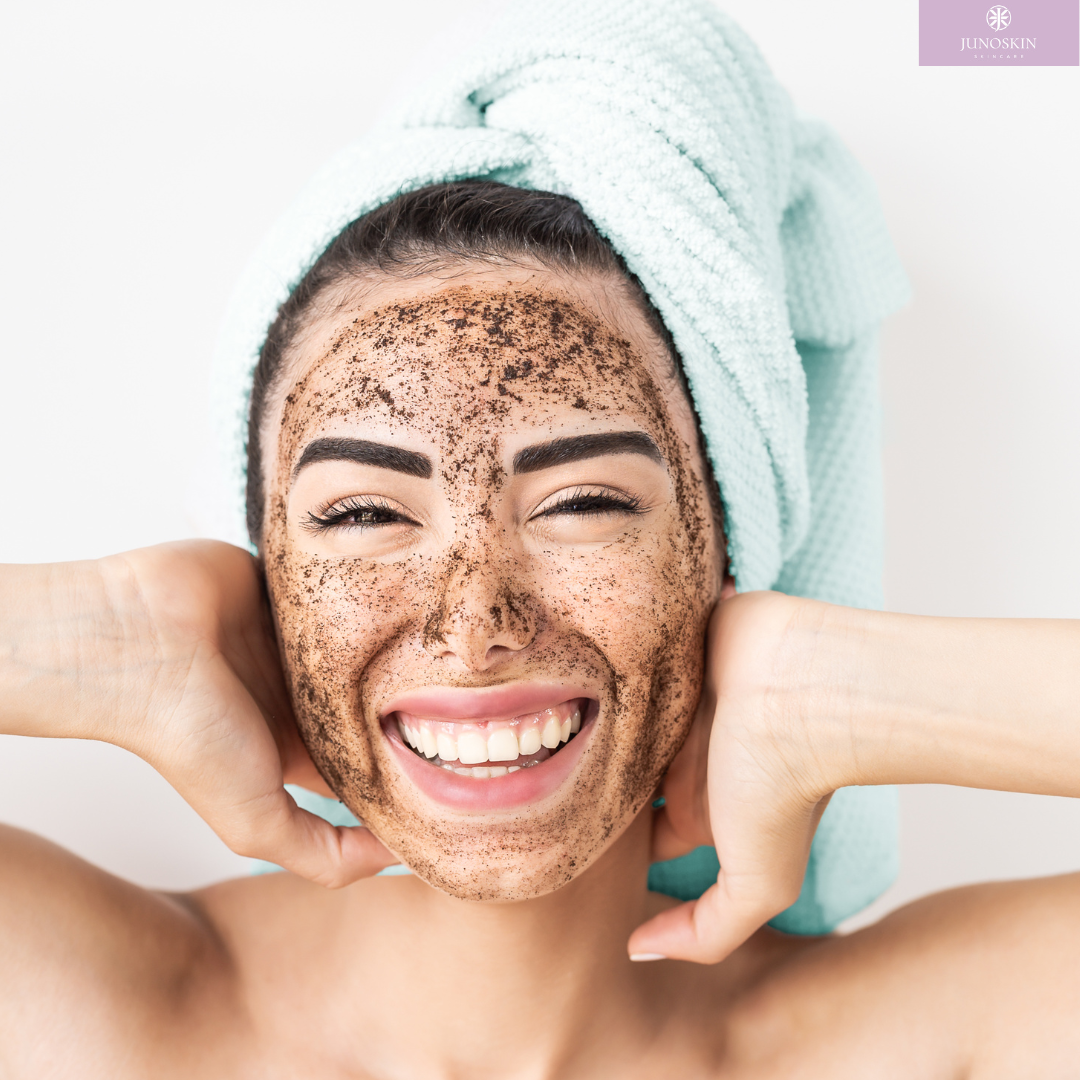A humectant is a substance that attracts and retains moisture, preventing dehydration and promoting optimal skin hydration. Widely used in various cosmetic and skincare products, humectants contribute significantly to the overall health and appearance of the skin.
Definition and Types:
- A humectant is a hygroscopic substance, meaning it has the ability to absorb and retain water molecules from the surrounding environment.
- Common types of humectants include glycerin, hyaluronic acid, urea, sorbitol, and propylene glycol, each with its unique properties.
Mechanism of Action:
- Humectants work by attracting water molecules to the outer layer of the skin (stratum corneum) and binding them to the skin's surface.
- The molecular structure of humectants allows them to draw moisture from the air or underlying skin layers, creating a reservoir of hydration.
Role in Skincare:
-
Hydration: The primary function of humectants is to hydrate the skin. By attracting and retaining water, they help maintain the skin's moisture balance, preventing dryness and dehydration.
- Barrier Function: Humectants contribute to the skin's natural barrier function, protecting it from environmental stressors and preventing water loss.
- Anti-Ageing: Adequately hydrated skin appears plump and youthful. Humectants can reduce the appearance of fine lines and wrinkles by providing continuous hydration.
Common Humectants and Their Benefits:
- Glycerin: Known for its moisturising properties, glycerin is versatile and suitable for various skin types. It softens the skin and improves its texture.
- Hyaluronic Acid: With its exceptional water-retaining capacity, hyaluronic acid enhances skin elasticity, making it a popular ingredient in anti-aging products.
- Urea: Besides being a humectant, urea also has mild exfoliating properties, promoting smoother skin by eliminating dead skin cells.
- Sorbitol: Often used in skincare formulations for its humectant and thickening properties, sorbitol contributes to the overall texture of skincare products.
Cautions:
- While humectants are generally well-tolerated, individuals with extremely dry or sensitive skin should be mindful of potential irritation if they are used in high concentrations.
- In extremely dry environments, humectants may draw moisture from the skin rather than the air, emphasising the importance of using occlusive agents (like moisturisers) to seal in hydration.





